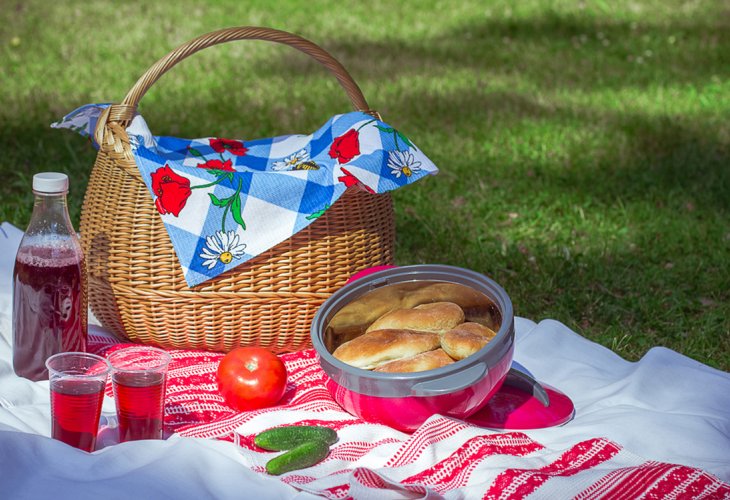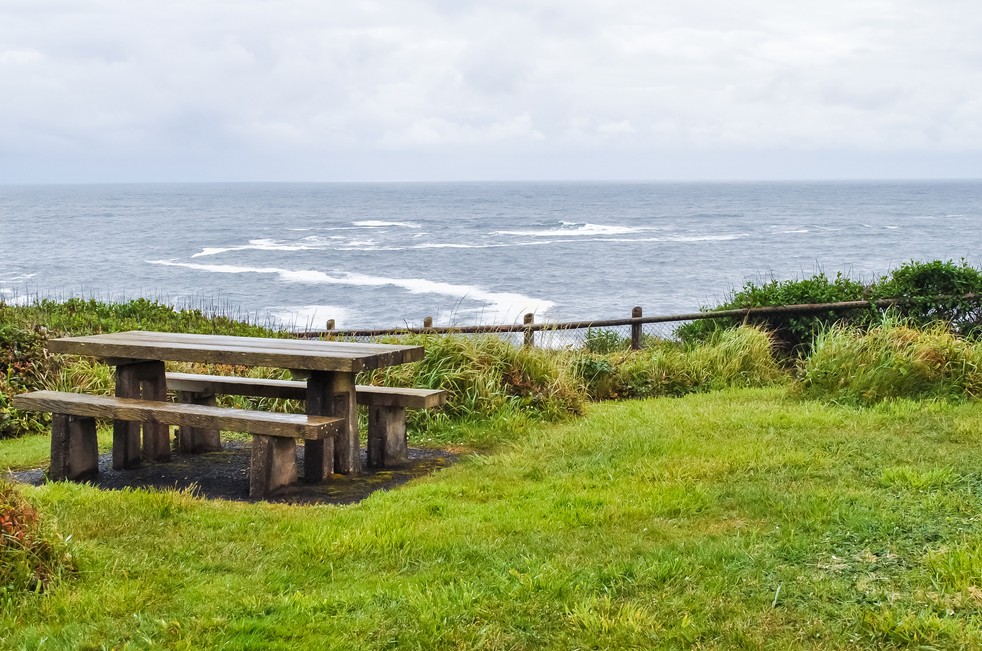Jewish Law
Spiritual Travel Guide: How to Stay Kosher and Connected on the Road
Essential Jewish travel tips for maintaining kashrut, prayer, and spiritual balance while vacationing or traveling

When setting out on a journey — whether it’s a family trip, a nature getaway, or a business excursion, it’s worth remembering that travel doesn’t require disconnecting from spirituality. Following is a practical guide for keeping body and soul aligned while away from home.
Spiritual Preparations Before Traveling
Give charity before departure.
Offering tzedakah (charity) before setting out is a time-honored Jewish custom that invites divine protection and blessing along the way.Recite the Traveler’s Prayer (Tefilat HaDerech).
Bring a small prayer book that includes Birkat HaMazon (Grace After Meals).
Pack a vessel for ritual handwashing (netilat yadayim) and a bottle of water — especially useful in places without easy water access, such as forests or national parks.
Locate nearby synagogues in advance to pray with a minyan, particularly if you’re staying in a guesthouse or lodge where local prayer services may not be active.
If you forgot a Kiddush cup for Shabbat, you may use a disposable cup instead.
Always check the kashrut certification of the place where you’ll be eating or staying.
Remember: The purity of the soul is just as important as the kashrut of the food.
Kosher Food Guidelines While Traveling
1. Storing Food in Non-Kosher Refrigerators or Freezers
If you must store kosher food in a fridge or freezer that also holds non-kosher items, seal your food with two layers of wrapping (such as a package and a tied bag) to prevent mix-ups or contamination.
2. Using an Uncertain Oven (e.g., in Guesthouses)
If you’re unsure whether the oven is kosher, you may heat or bake food double-wrapped in sealed containers. This applies even if the oven is completely non-kosher — just like airline meals that are heated in mixed-use ovens but remain kosher because they’re sealed.
3. Eating with Non-Jews
If a Jew and a non-Jew eat at the same table — such as on a train, airplane, or in a shared cafeteria, it’s permitted for the Jew to eat his own food. However, if they are acquaintances and the non-Jew is eating non-kosher bread, a visible separation (e.g., a napkin or distinct dish) should be placed between them as a reminder.
4. Using Dairy or Meat Knives for Neutral Foods
When no other utensils are available, it’s permissible to cut bread with a dairy or meat knife — as long as the knife is thoroughly cleaned first.
5. Heating Water or Milk
It’s permitted for a non-Jew to heat water or chalav Yisrael (kosher-supervised milk). However, if you’re drinking a hot beverage at a non-Jewish establishment, avoid adding lemon slices, as they may have been cut with a non-kosher knife.
6. Eating Out
Always ensure the restaurant has a valid and visible kashrut certificate — preferably from a reliable and well-known certification.
Sephardic travelers should take extra care that the food is not subject to bishul akum (cooking by a non-Jew). For Sephardic halacha, it’s not enough for a Jew to light the fire — the Jew must also place or cook the food. When in doubt, consult a knowledgeable rabbi.
Shawarma Alert for Sephardim:
Ensure that a Jew is the one cutting the meat from the shawarma spit, and not a non-Jewish worker.
7. Spiritual Kashrut Matters Too
Choose accommodations and environments that support modesty and spiritual well-being — avoid mixed-gender pools, immodest beach views, or entertainment that contradicts Jewish values.

Prayer and Blessing Guidelines While Traveling
1. Outdoor Prayer (Parks, Gardens, or Campsites)
Ideally, prayers should be recited in a place with walls or boundaries. If that’s not possible, stand among trees or in a quiet, private spot. Some authorities allow a group (minyan) to pray outdoors, as communal prayer brings humility and reverence. Still, choose a quiet corner to maintain focus and avoid distractions.
2. During the Amidah (Silent Prayer)
Remove bags, backpacks, or cameras from your shoulders so they don’t disturb concentration.
3. Dress Respectfully
Even while on vacation, pray in clean and dignified clothing, as one stands before a King — not in casual or sloppy attire.
4. Traveling Without a Minyan
Avoid going somewhere where you won’t be able to pray with a minyan. If travel is essential for health or another serious reason, consult a rabbi about what to do.
5. Don’t Begin Travel Before Prayer
Do not set out on a journey before morning prayers (Shacharit), even if you plan to pray later at your destination. In urgent cases (e.g., you’ll miss transportation), you may leave earlier, but it’s proper to first recite morning blessings (Birkot HaShachar).
6. Safety Comes First
The Torah commands, “You shall greatly guard your lives.”
Check that hiking trails or roads are safe. Avoid risky adventures or unsafe routes that could lead to danger.
Travel safely and wisely, and let your journey nourish your body and your soul.

